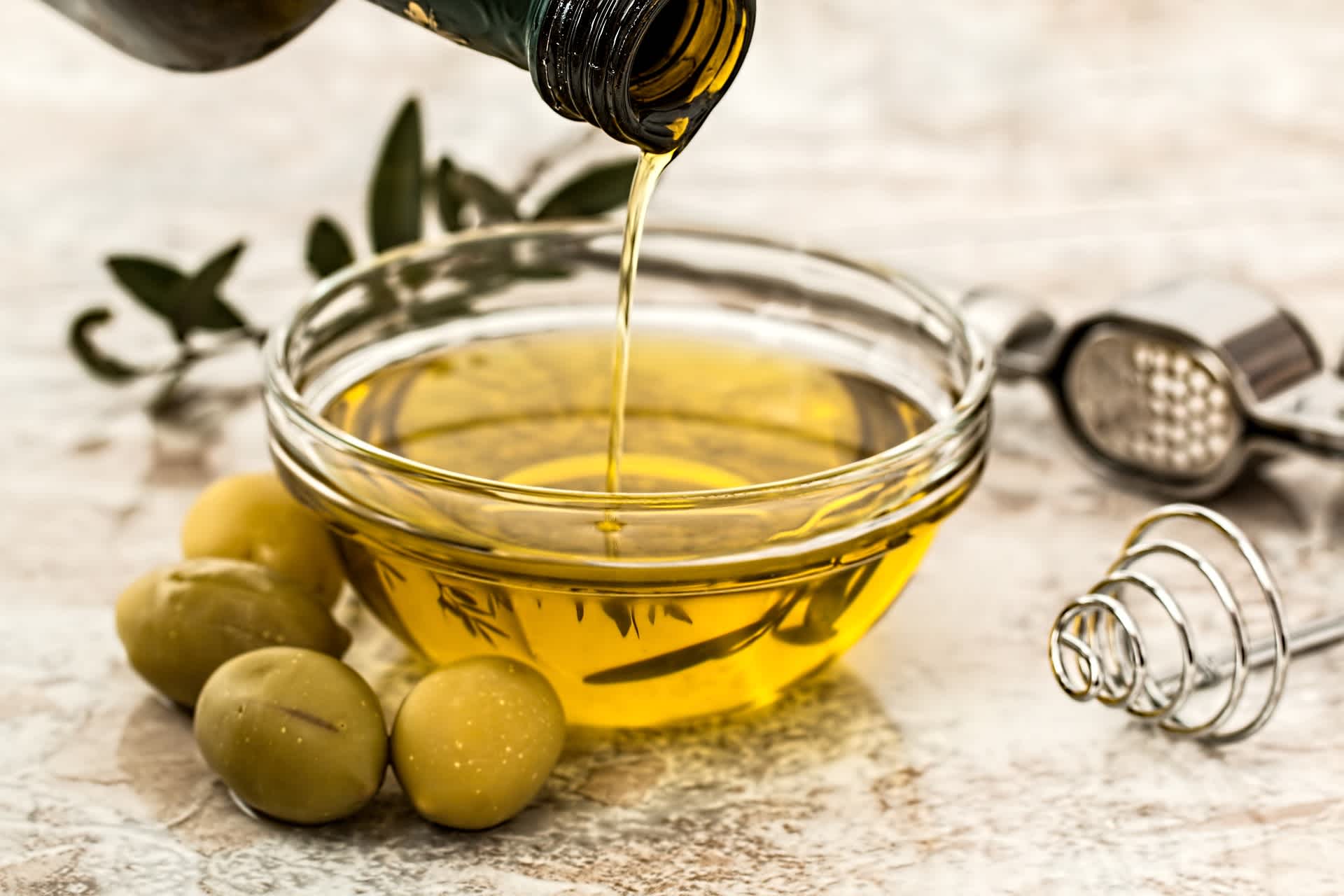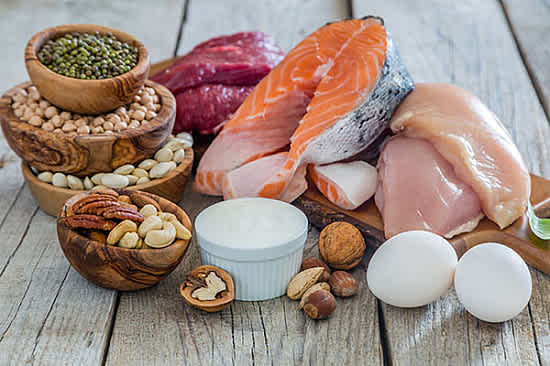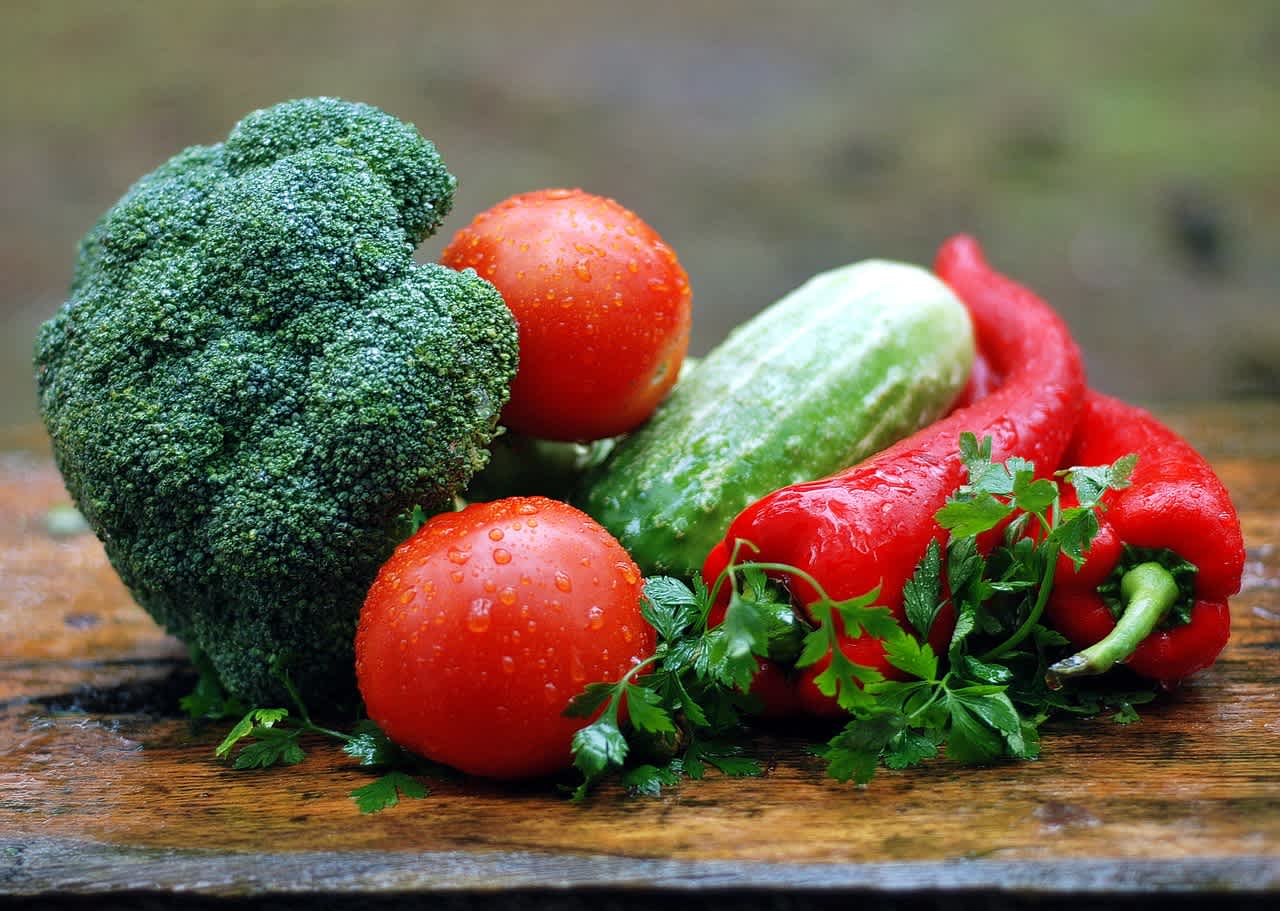
The Rising Popularity of Protein-Rich Foods Among Health-Conscious Individuals
Introduction
In recent years, protein-rich foods have seen a surge in popularity, especially among health-conscious individuals. As fitness trends, dietary awareness, and wellness goals continue to evolve, more people recognize the essential role of protein in maintaining overall health. From muscle building to weight management, protein plays a crucial role in a well-balanced diet. But what is driving this shift, and how can individuals make the most of this nutritional powerhouse?
The Role of Protein in the Body

Protein-Rich Foods Protein is one of the three essential macronutrients, alongside carbohydrates and fats. It is responsible for:
Building and repairing muscles
Supporting metabolic function
Enhancing immune system response
Maintaining healthy skin, hair, and nails
For athletes and active individuals, protein is particularly vital in muscle recovery and performance enhancement.
Health Benefits of a High-Protein Diet
A protein-rich diet offers numerous benefits, including:
Muscle Growth and Strength: Essential for bodybuilders, athletes, and fitness enthusiasts.
Weight Management: Protein promotes satiety, reducing overall calorie intake.
Improved Metabolism: The thermic effect of food (TEF) is higher in protein, leading to increased calorie burn.
Better Bone Health: Helps in maintaining bone density and preventing osteoporosis.
Faster Recovery: Aids in muscle repair and reduces post-workout soreness.
Why Are Health-Conscious Individuals Turning to Protein-Rich Foods?
The increasing awareness of nutrition and wellness has driven many to prioritize protein intake. Some key factors influencing this trend include:
Fitness and Gym Culture: Strength training and body transformation programs emphasize high protein consumption.
Social Media Influence: Health influencers, dietitians, and fitness coaches promote protein as an essential nutrient.
Dietary Shifts: Popular diet plans like keto, paleo, and intermittent fasting highlight the role of protein.
Scientific Research: Studies supporting the health benefits of protein are widely publicized, making consumers more informed.
Best Sources of Protein

Health-conscious individuals have a variety of options to meet their protein needs, including:
Animal-Based Proteins
Chicken, turkey, and lean beef
Fish (salmon, tuna, mackerel)
Eggs
Dairy products (Greek yogurt, cottage cheese, cheese)
Plant-Based Proteins
Lentils, chickpeas, and black beans
Quinoa and brown rice
Nuts and seeds (almonds, chia seeds, flaxseeds)
Soy-based products (tofu, tempeh, edamame)
Alternative Protein Sources
Protein bars and shakes
Pea and hemp protein powders
Insect-based and lab-grown proteins (emerging trends)
The Rise of Protein Supplements and Functional Foods
Beyond traditional food sources, protein supplements are gaining traction. Protein powders, meal replacement shakes, and high-protein snacks are now staple products in many fitness and nutrition regimens. Functional foods—such as high-protein cereals, bread, and even desserts—are becoming mainstream, making it easier for individuals to meet their daily protein needs conveniently.
Balancing Protein Intake: Quality Over Quantity
While protein is essential, excessive intake can lead to potential health concerns like kidney strain or nutrient imbalances. The key is to:
Choose high-quality protein sources over processed alternatives.
Maintain a balanced diet with adequate carbs, fats, and fiber.
Follow recommended dietary guidelines, which suggest 0.8-1.2 grams of protein per kilogram of body weight for the average individual (higher for athletes and active individuals).
Environmental and Ethical Considerations
As demand for protein increases, sustainability becomes a crucial factor. Ethical consumers are opting for:
Plant-based proteins to reduce environmental impact.
Sustainably sourced meats and seafood with eco-friendly certifications.
Lab-grown and insect-based proteins as innovative, low-impact alternatives.
Conclusion
The rising popularity of protein-rich foods reflects a shift toward healthier living and informed nutrition choices. Whether for muscle growth, weight management, or overall well-being, protein remains a crucial component of a balanced diet. By incorporating a variety of high-quality protein sources, individuals can optimize their health while being mindful of sustainability and ethical considerations.
FAQs
1. How much protein do I need daily? The recommended daily intake varies, but most adults need 0.8-1.2 grams per kilogram of body weight. Athletes and highly active individuals may require more.
2. What are the best plant-based protein sources? Lentils, chickpeas, quinoa, tofu, tempeh, nuts, and seeds are excellent sources of plant-based protein.
3. Can you eat too much protein? Yes, excessive protein intake can strain the kidneys and lead to digestive issues. Balance is key.
4. Are protein supplements necessary? Not necessarily. Whole foods should be the primary source, but supplements can help individuals with higher protein needs or busy lifestyles.
5. What are some quick high-protein meal ideas? Greek yogurt with nuts, eggs with whole-grain toast, grilled chicken salad, protein smoothies, and quinoa bowls are great options.



